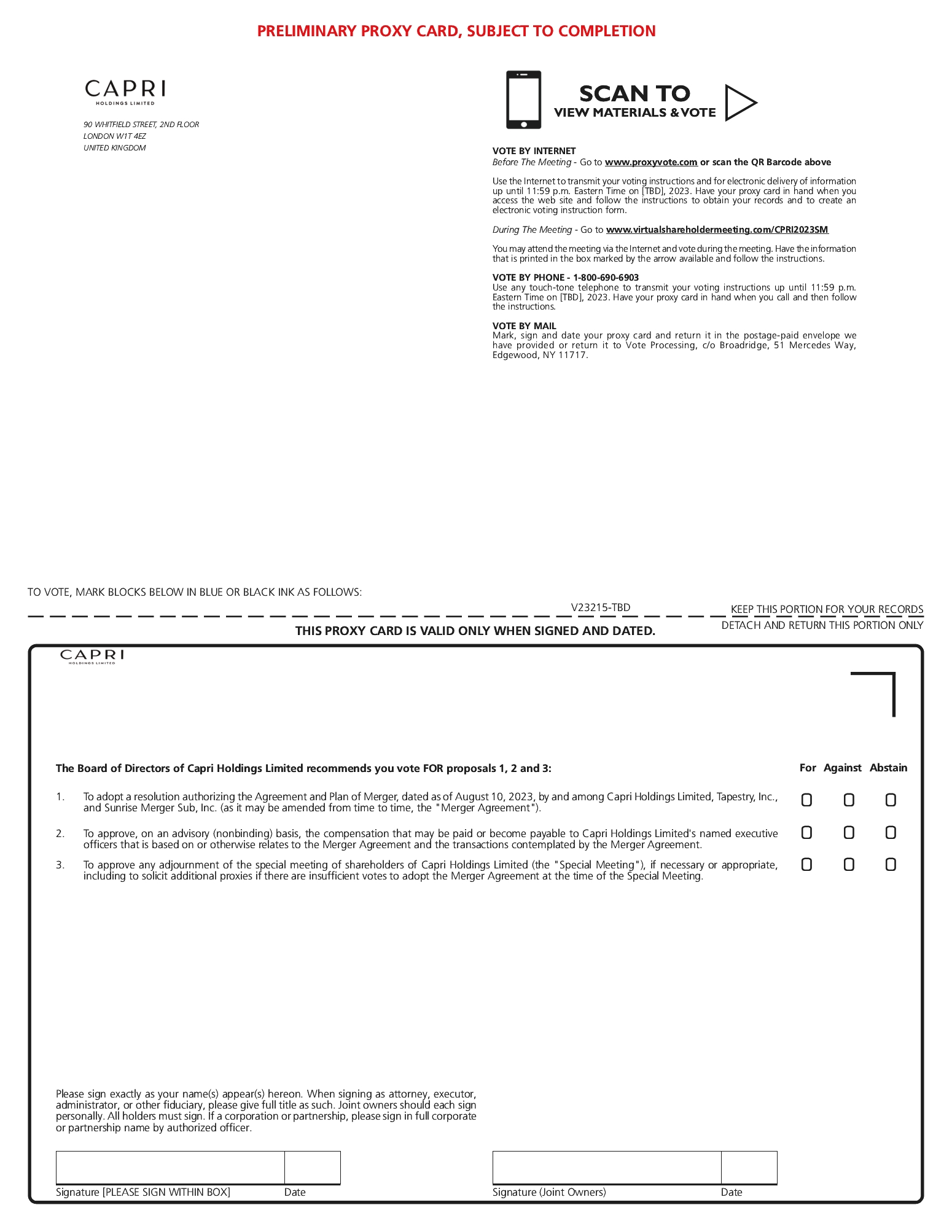“GDPR” means Regulation (EU) 2016/679 (General Data Protection Regulation) of the European Parliament and of the Council on the protection of natural persons with regard to the processing of personal data and on the free movement of such data as currently in effect and as may be amended from time to time.
“Governmental Authorization” means any licenses, approvals, clearances, permits, certificates, waivers, amendments, consents, exemptions, variances, expirations, and terminations of any waiting period requirements, other actions by, and notices, filings, registrations, qualifications, declarations and designations with, and other authorizations and approvals issued by or obtained from, a Governmental Entity.
“Governmental Entity” means any government, court of competent jurisdiction, regulatory or administrative agency, commission or other governmental authority or instrumentality, whether Federal, state, provincial, local, domestic, foreign or multinational.
“Governmental Filing” means any notification, application, registration, declaration, filing or other submission to or with any Governmental Entity.
“Hazardous Substances” means any chemical, material, substance or waste that is defined or listed as hazardous, toxic, infectious, carcinogenic, reactive, corrosive, ignitable or flammable, or as a pollutant or contaminant, or words of similar meaning or regulatory effect, under any Environmental Law, including any quantity of petroleum product or byproduct, solvent, flammable or explosive material, radioactive material, asbestos or asbestos-containing material, lead paint, polychlorinated biphenyls (or PCBs), per- and polyfluoroalkyl substances (or PFAS), dioxins, dibenzofurans, heavy metals, radon gas, mold, mold spores, and mycotoxins.
“HSR Act” means the United States Hart-Scott-Rodino Antitrust Improvements Act of 1976, as amended, and the rules and regulations promulgated thereunder.
“Indebtedness” means, with respect to any Person, (a) all obligations for borrowed money; (b) all obligations evidenced by bonds, debentures, notes or similar instruments; (c) all Indebtedness of others secured by any Lien on owned or acquired property, whether or not the Indebtedness secured thereby has been assumed; (d) all guarantees (or any other arrangement having the economic effect of a guarantee) of Indebtedness of others; (e) all finance lease obligations; (f) all obligations, contingent or otherwise, of such Person as an account party in respect of financial guaranties, letters of credit, letters of guaranty, surety bonds and other similar instruments; (g) all securitization transactions; (h) all obligations representing the deferred and unpaid purchase price of property (other than trade payables incurred in the ordinary course of business); (i) all obligations, contingent or otherwise, in respect of bankers’ acceptances; and (j) net cash payment obligations of such Person under swaps, options, derivatives and other hedging agreements or arrangements that will be payable upon termination thereof (assuming they were terminated on the date of determination).
“Information Privacy and Security Laws” means any Law and applicable binding guidance and standards governing the privacy, protection, or security of Personal Data (including, as applicable to the privacy and the protection and security of Personal Data, data breach notification, and consumer protection), online behavioral advertising, tracking technologies, call or electronic monitoring or recording, any outbound calling and text messaging, telemarketing, or email marketing, including as relevant to the collection, use, storage, retention, processing, transfer, disclosure, sharing, disposal and destruction of Personal Data, including, to the extent applicable to the Company’s and any Company Subsidiary’s collection, storage, retention, processing, transfer, disclosure, sharing, disposal and destruction of Personal Data, the Federal Trade Commission Act, the Telephone Consumer Protection Act, the Telemarketing and Consumer Fraud and Abuse Prevention Act, the Controlling the Assault of Non-Solicited Pornography and Marketing Act of 2003, the Telecommunications (Interception and Access) Act and analogous state recording laws, the Video Privacy Protection Act, the Children’s Online Privacy Protection Act, the Computer Fraud and Abuse Act, the Electronic Communications Privacy Act, the Fair Credit Reporting Act, the Fair and Accurate Credit Reporting Act, the Health Insurance Portability and Accountability Act of 1996, the California Consumer Privacy Act as amended by the California Privacy Rights Act, the Colorado Privacy Act, the Connecticut Act Concerning Personal Data Privacy and Online Monitoring, the Virginia Consumer Data Protection Act, the GDPR (and any European Union member states’ laws and regulations implementing the GDPR), the Canadian Personal Information Protection and Electronic Documents Act, India’s Information Technology Act, Japan’s Act on the Protection of Personal Information, Hong Kong’s Personal Data (Privacy) Ordinance, People Republic of China’s Cybersecurity Law (“CSL”), Data Security Law (“DSL”), Personal Information Protection Law (“PIPL”), and Australia’s Privacy Amendment (Private Sector) Act 2000, as amended by the Privacy Amendment (Enhancing Privacy Protection) Act 2012.




